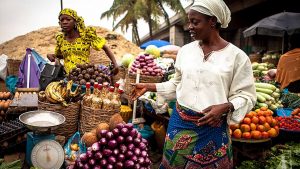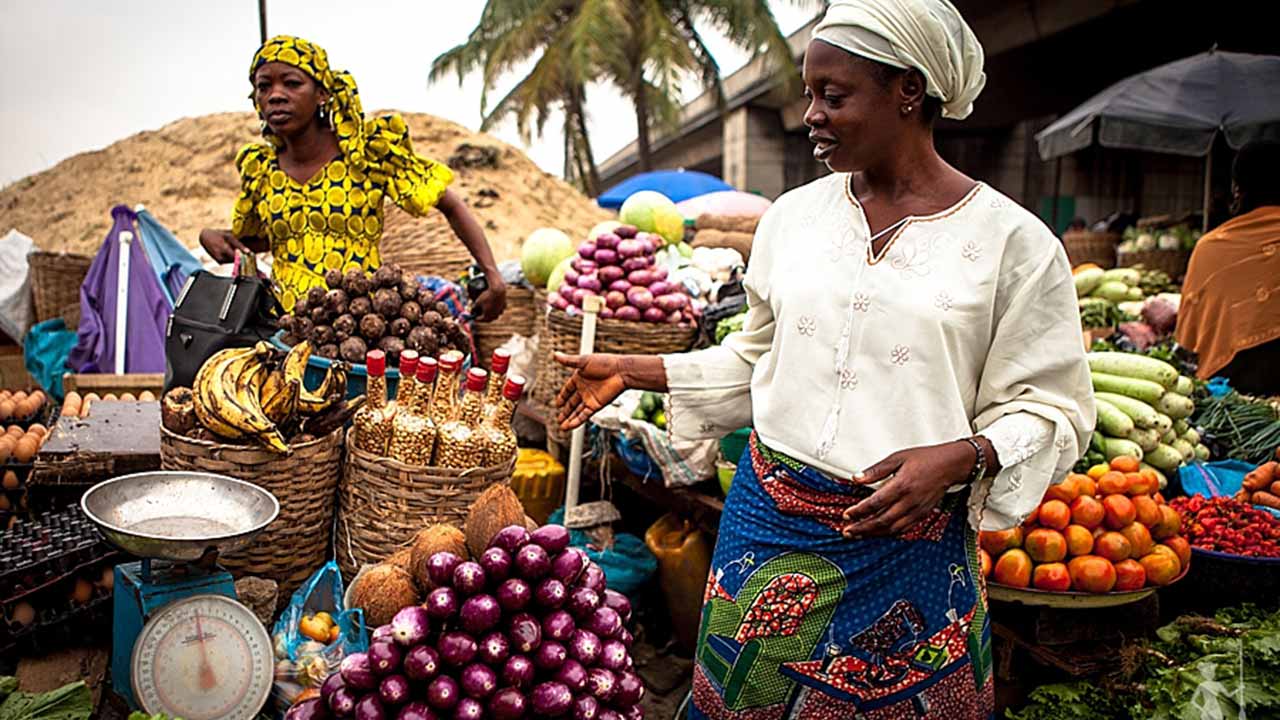By Osaze Omoragbon
Following the surge in food prices in recent time, the Central Bank of Nigeria (CBN) is making moves to reduce food inflation ahead of the dry season. Food inflation which topped 21 percent in February, according to the Monetary Policy Committee (MPC) at its recent sitting, is a key driver of headline inflation which stood at 17.33 percent in February. In a bid to guard against poor harvest and food supply, the CBN is disbursing funds under its various agricultural intervention programmes. According to the MPC, between last October and March this year, the apex bank has disbursed over N100 billion to over 500,000 farmers cultivating about 700,000 hectares of land to “boost dry season output in support of agriculture value chain development”. 
The CBN’s heavy intervention in agriculture, the committee noted,totalled N1.4trillion as at the end of February 2021 out of which N686 Billion was disbursed for Commercial Agricultural Development Scheme and the balance was spent on Anchors Borrowers’ Programme (ABP) which has benefited over 3million farmers across the country.
However, as noted by the MPC, some observers believe the biggest challenge to overcoming food inflation is high levels of insecurity. Increased attacks by bandits and herdsmen has scared farmers into staying away from their farms especially in the key food producing states in the north. “There is so much insecurity that getting credit is not a major problem compared to some years back” says a banker who craved anonymity. “The risk now is not being able to go to the farms, getting your crops destroyed or even kidnapped for ransom”, the banker says. So far, he says the CBN agric loans are still being accessed however there is growing apprehension over the ability of farmers to repay those loans when they fall due.
Supply constraints exemplified by the recent food blockade in the north affected prices of food down south. These bottlenecks, according to analysts, are reasons food prices will remain elevated in the foreseeable future. Last year, during the lockdown associated with the coronavirus pandemic, the federal government in a bid to ease supply of food across the country set up a committee comprising the ministry of agriculture, the ministry of humanitarian affairs, the Nigerian Police and members of the Road Transport Employers Association of Nigeria/National Union of Road Transport Workers.
With the recent directive of President Muhammadu Buhari to the armed forces to go after the bandits and herdsmen who go about with unlicensed assault rifles, observers believe there may be hope for a boost in food production and a reduction in food prices.


